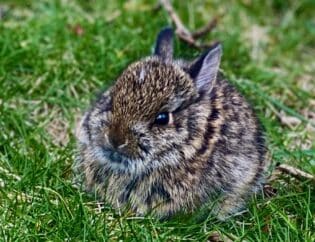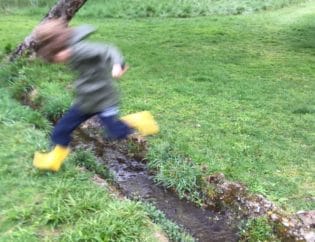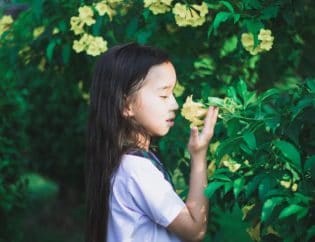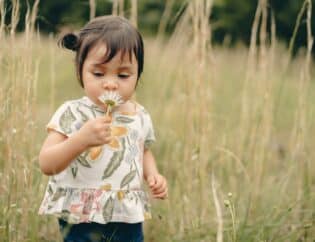
We see the term “nature connection” a lot these days, including on this site. We are told that it is important for us and for our kids. And that bringing our children into nature can help foster that essential “connection.”
But in an increasingly urban society, what’s the point of connecting with nature? Understanding or being “tuned into” nature used to be a matter of survival. We needed to know migration patterns of wildlife or growing seasons of plants to live. Now, all we need is a smartphone to order our food, check the weather, find our way back home—and a billion other “useful” things.
So what does it mean to be “connected to nature”? And why do we need this connection as humans? As you might imagine, some smart folks have thought about this and even studied it.
A few of those folks published a paper on the very topic a few years ago. The paper, “Beyond knowing nature: Contact, emotion, compassion, meaning, and beauty are pathways to nature connection” elegantly defined nature connectedness as “an appreciation and value for all life that transcends any objective use of nature for humanity’s purposes.” So being connected to nature means that we value it, even if we’re not “using” it. The authors go on to clarify that connectedness is not the same for everyone. It is subject to personal and social influences.
A connection with nature, write the authors, “creates a sense of belonging to the wider natural world as part of a larger community of nature.” In today’s times, this is crucial. To help conserve nature, we need to understand that we are a part of its larger community. Ultimately, protecting nature benefits us, of course. And feeling “connected” to it can help foster pro-environmental attitudes and behaviors that ideally all people would have throughout life.
But there’s more. Having a positive relationship with nature contributes just as much to our wellbeing as income and education do. Studies have found that environments rich in wildlife are beneficial for us. These environments may be associated with good health and well-being with improvements ranging from better mental health outcomes to associations with increased healthy behaviors.
Other experts have studied the benefits of nature on humans as well, of course. A look through the Children & Nature Network’s Research Library produces dozens of such studies.
So how do you foster that connection? Every child is different. Some will run to the woods on their own as soon as they can toddle while others will need more guidance (hopefully some of the ideas on this site can help). For some kids, activities like bird watching or gardening will appeal with such rewards as solitude in nature or productivity in checking off birds on bird lists or growing something to eat. Others will be drawn to the physical benefits of outdoor activities such as hiking, biking or kayaking.
But just taking care of a family pet can help connect your child to nature. By practicing good pet stewardship, kids can learn the joys of taking responsibility for providing for the needs of another living being. And studies have found that empathy for animals can translate into an emotional investment in the well-being of the natural world. This emotional investment in the natural world can foster a genuine interest in learning more about biology and other disciplines that offer insight into how we can best protect natural spaces to foster thriving ecosystems. And so empathy with pets or other animals can translate a boost in emotional intelligence or EQ (which is an important influence on educational success.) and further investment in the health of natural systems.
Early education expert David Sobel wrote that is crucial for young children to experience empathy. "As children begin their forays into the natural world, we can encourage feelings for the creatures living there. Early childhood is characterized by a lack of differentiation between the self and the other," Sobel wrote. "Children feel implicitly drawn to baby animals; a child feels pain when someone else scrapes her knee. Rather than force separateness, we want to cultivate that sense of connectedness so that it can become the emotional foundation for the more abstract ecological concept that everything is connected to everything else."
And if our aim is for a less violent, more compassionate future, fostering empathy for a nonhuman creature and the natural world is crucial. Numerous studies have shown a link between violence towards animals and people. In fact, 43 percent of school shooters had animal abuse in their background.
However you decide to foster your child’s connection to nature, just be sure it is a positive experience and that your child leads the way! It is, after all, their relationship with nature that you are just helping to foster. And, as the experts tell us, it is personal.

